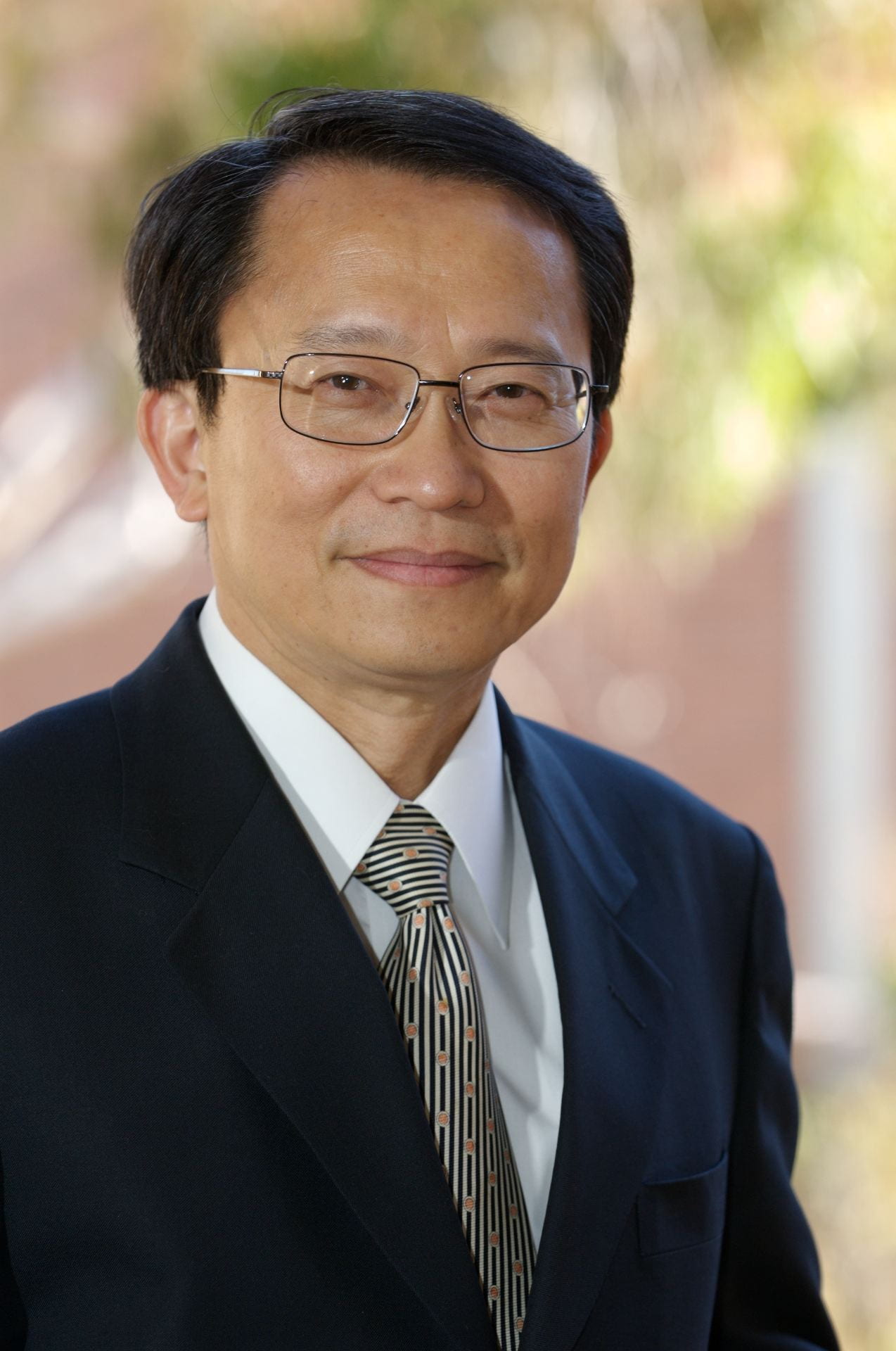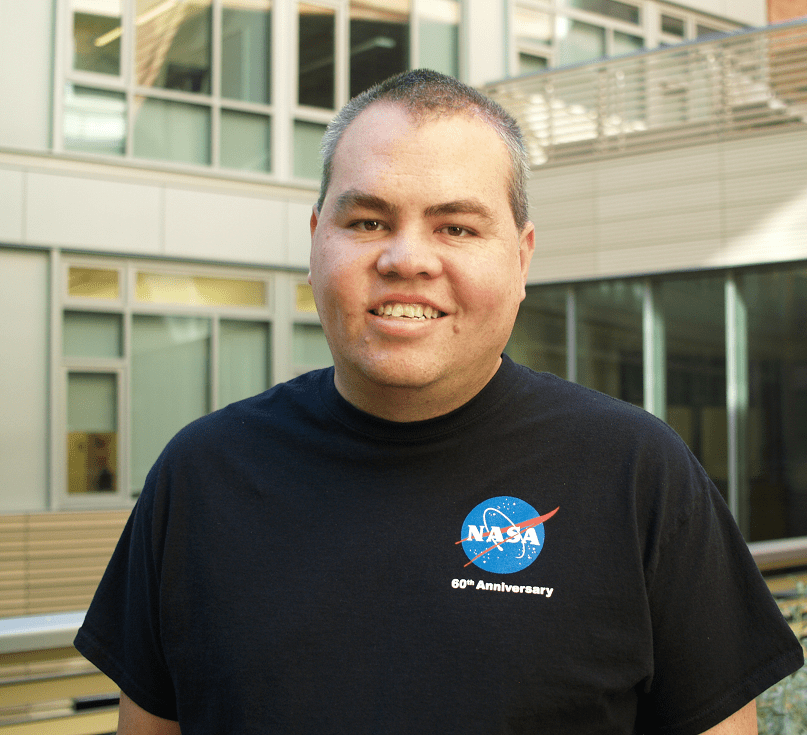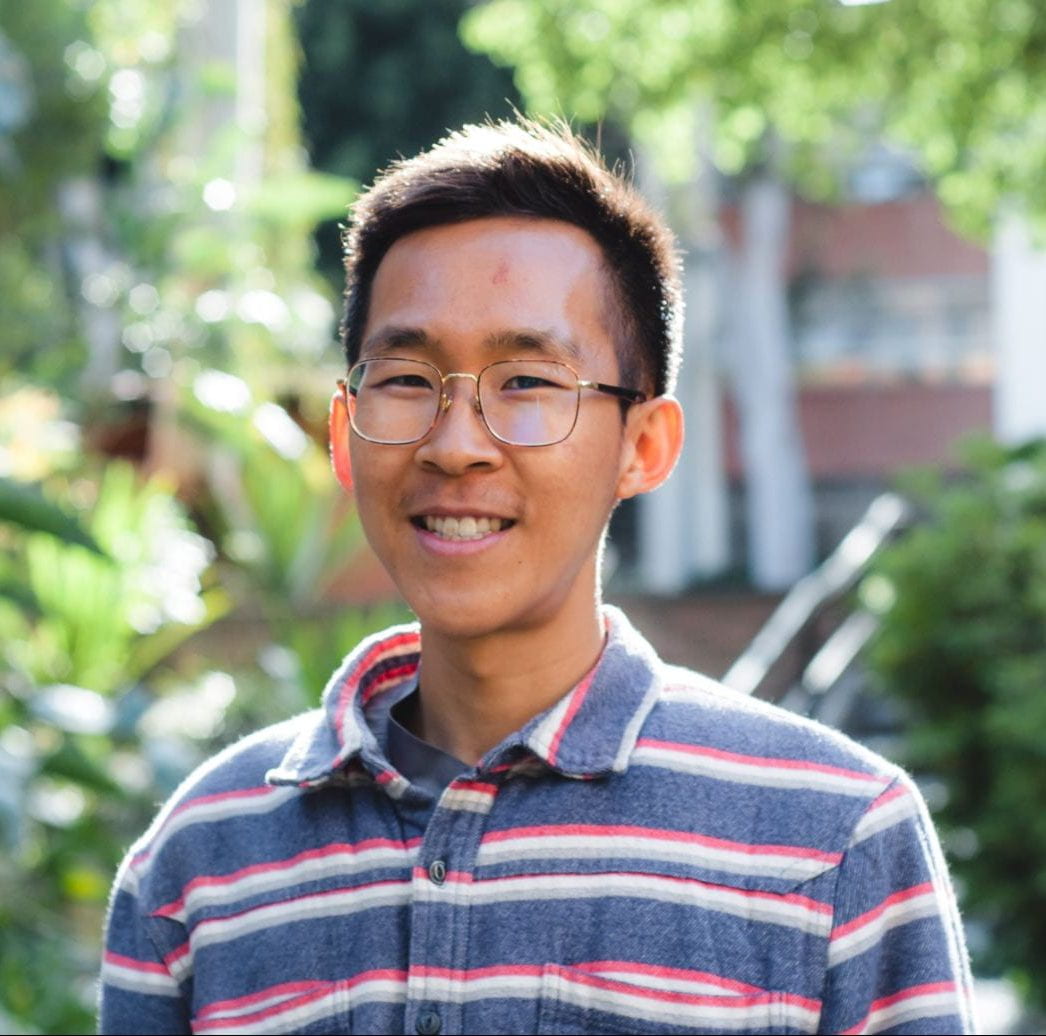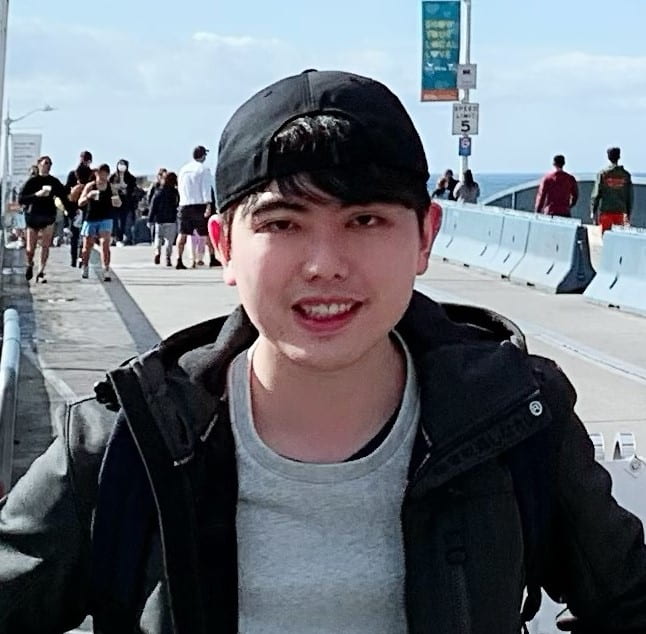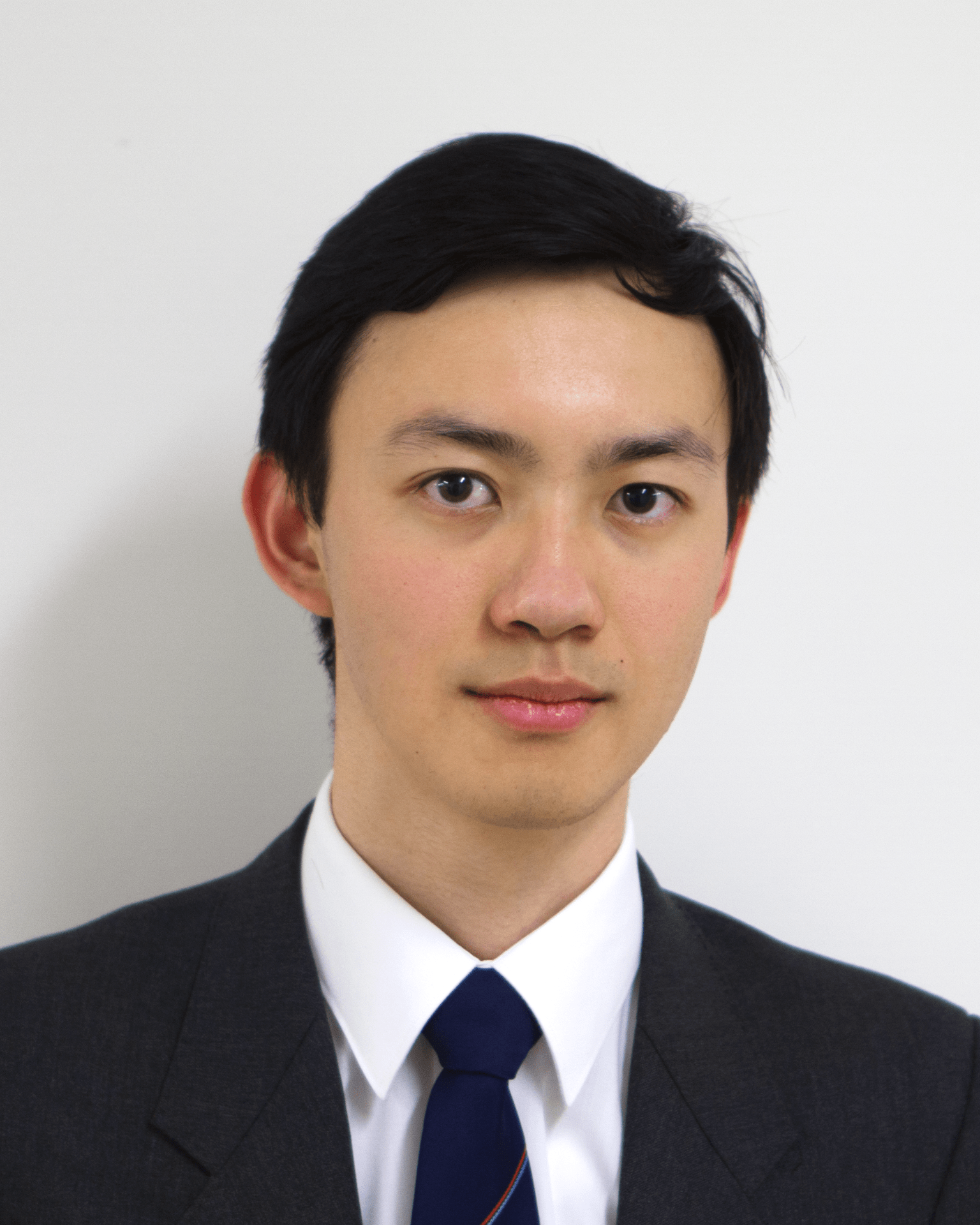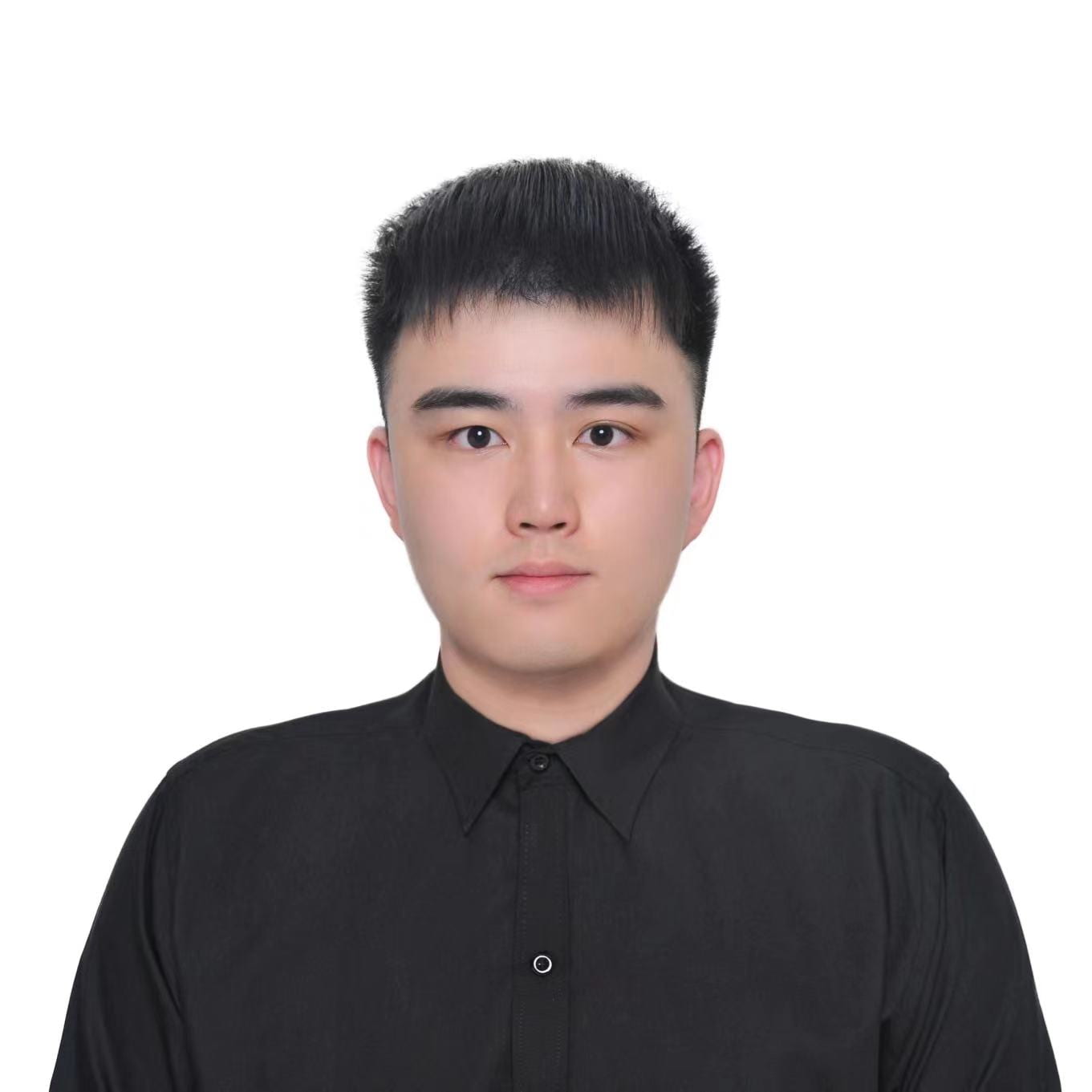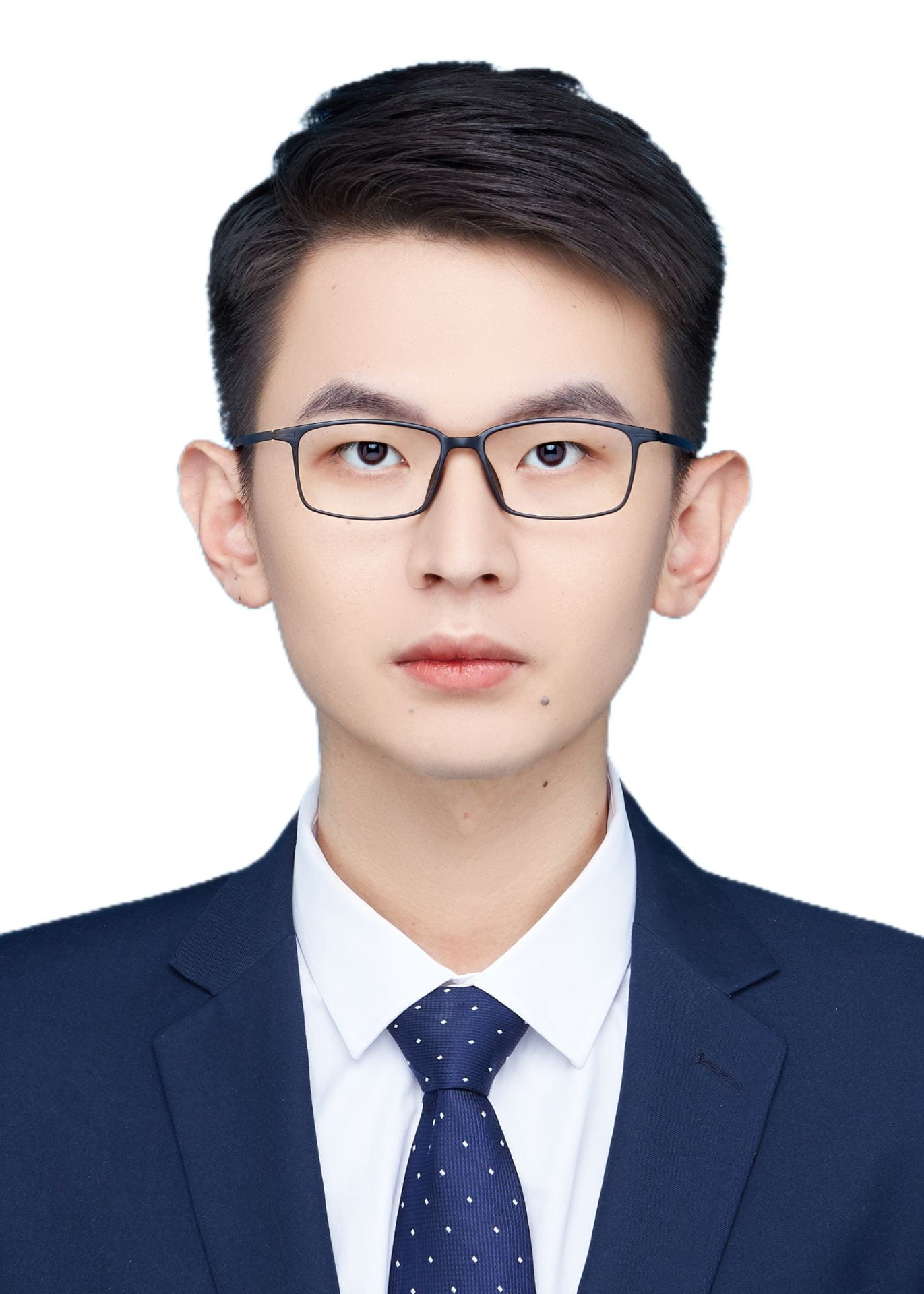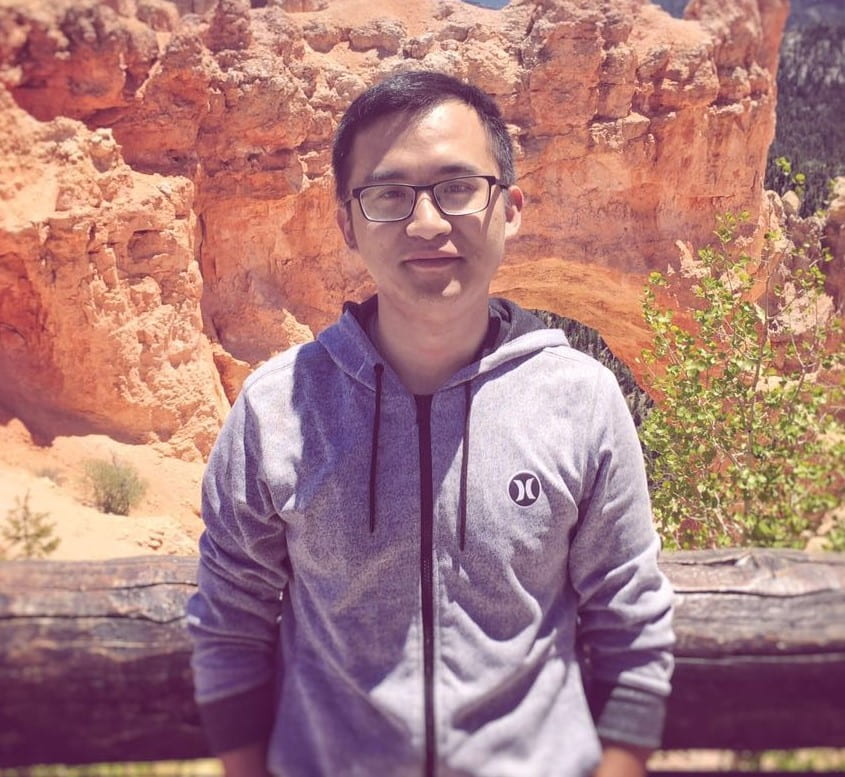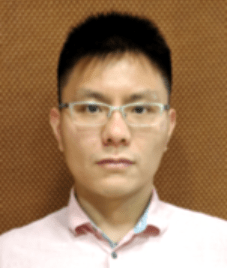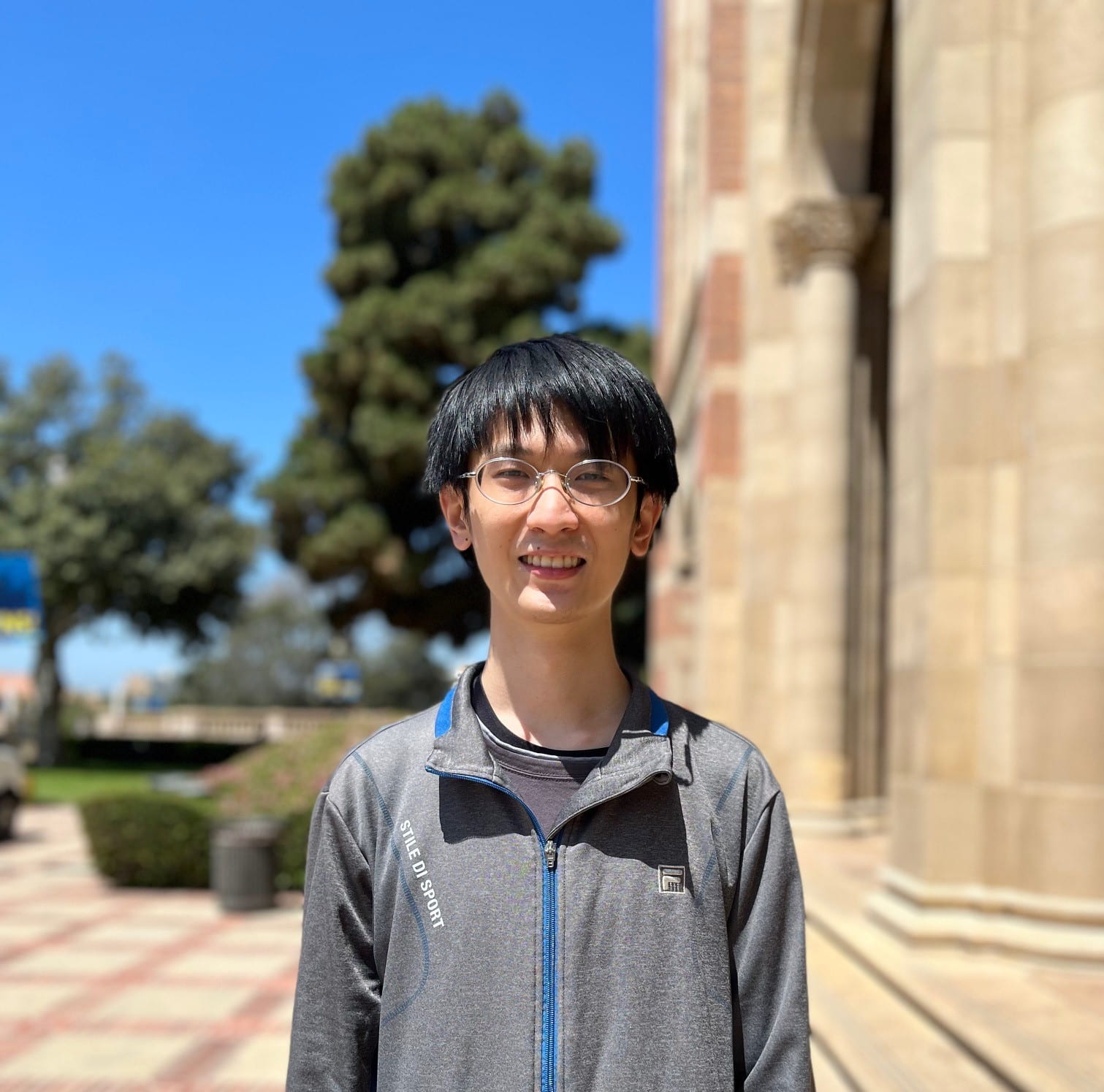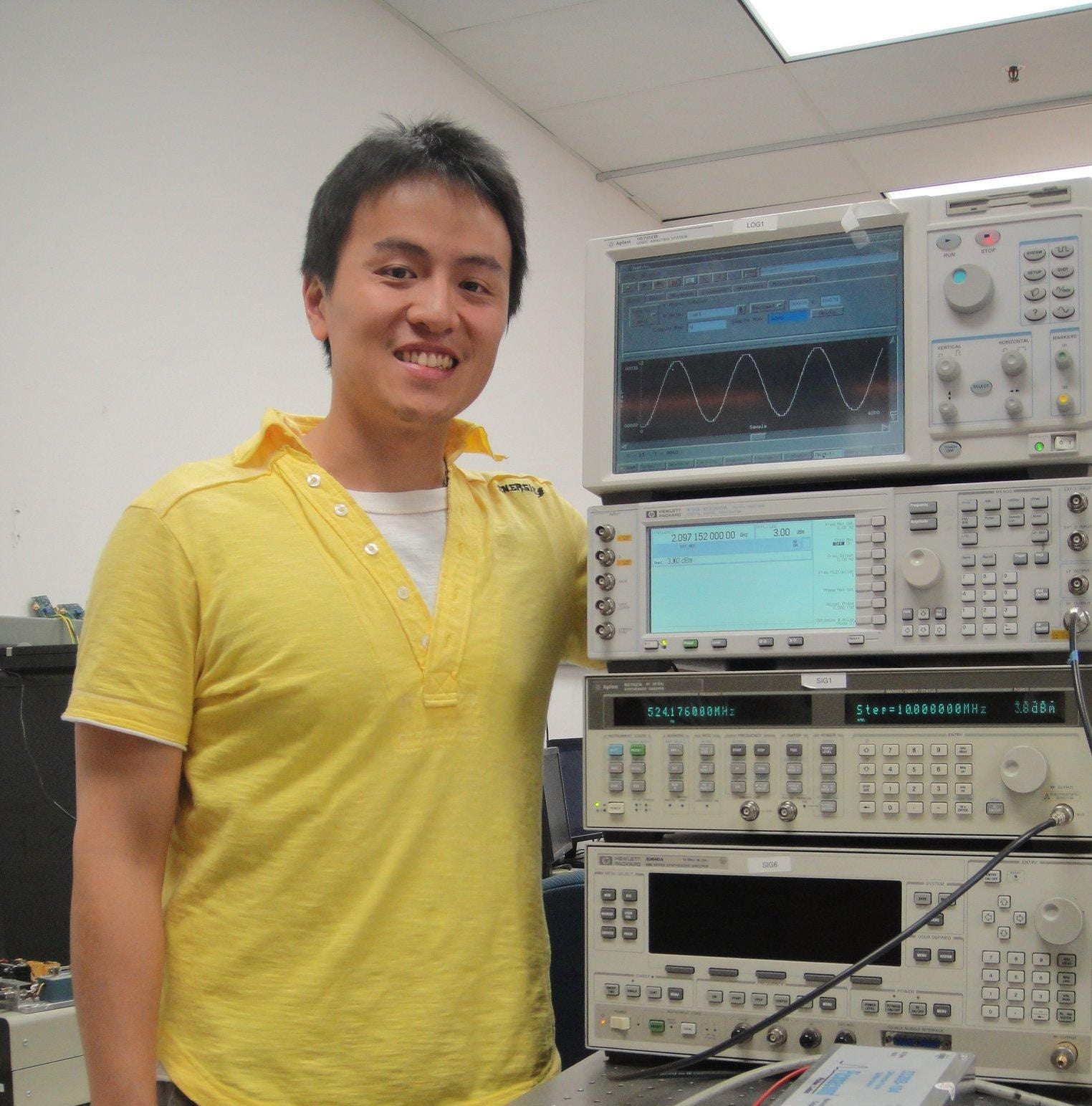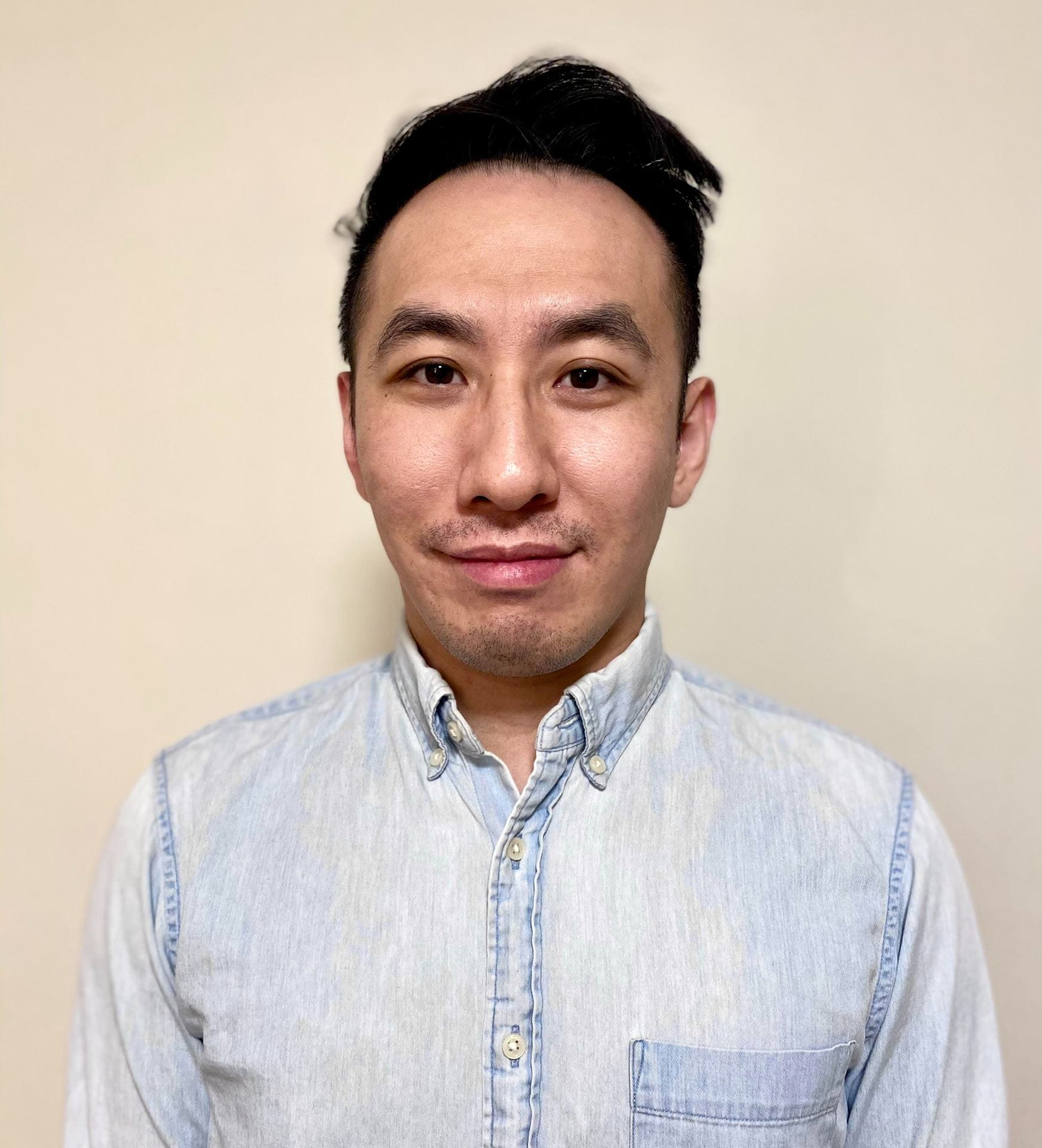The High Speed Electronics Laboratory is made up of talented, enthusiastic, and hardworking individuals. These pages are still being updated.
Director: Prof. Mau Chung Frank Chang
Modern mobile systems rely on sophisticated digital modulation schemes to achieve effective use of frequency bandwidth for high data rate throughput. These systems, including all smartphone transmitters, cannot be deployed without using high efficiency/linearity/reliable power amplifiers, which are primarily made of GaAs HBT/BiFET. In 2021 alone, more than 1.4 billion smartphones are shipped (https://www.statista.com). Super-majority of these smartphones used GaAs HBT/BiFET for power amplification to meet the required linearity and efficiency. For the past decade, >13 billion smartphones were shipped, with total production of GaAs HBT/BiFET PAs exceeding 60 billion units, because each smartphone may support Quad-band GSM/EDGE and WCDMA Band I/II/V/VIII and LTE plus 5G Sub-6GHz bands. GaAs HBT/BiFET PAs pioneered by Chang’s Rockwell team in 90’s and its later spin-off commercial entities including Skyworks Solutions have grown into a globally dominant business for 2/3/4/5G smartphone insertions for the past three decades.
Prof. M.C. Frank Chang joined UCLA in 1997 and quickly broadened his research spectra from high-speed semiconductor technologies to ultra-high-frequency circuit and systems, especially to digitally re-configurable (or software-defined) ICs and Systems-on-Chip (SoC) for (sub)-mm-Wave radio, radar, interconnect, computation and instrumentations (spectrometers & imagers). His invented DiCAD, which is radically different from that of original un-tunable AD (W.E. Kock, “Metallic Delay Lenses”, 1948, B.S.T.J.), has been widely used by micro-/mm-Wave circuit designers to realize broad or multi-band resonant-tanks, antennas, filters, inductors/transformers, phase/amp shifters etc. for EHF systems. For instance, DiCAD-PLLs have been used to realize US DARPA’s HEALICs Self-Healing Radio-on-Chip (57-64GHz), and NASA’s C-MLS & ASTHROS Radiometer & Spectrometer SoC (183/540-600GHz) with orders-of-magnitude size/weight/power reductions for planetary (Global Warming) and Astrophysics (Stellar Feedback near TW Hydrae) explorations. The DiCAD-PLL also facilitated his multiband RF-Interconnect for near-field contactless connectivity (6Gbps at 57-64GHz) to enable Acer’s 360-Spin Laptop and LG-V50 two-screen Smartphones by his spin-off company Keyssa. More recently, he co-founded another spin-off company Kneron, by using his invented RCNN Accelerator, for state-of-the-art edge-AI inference computing. It has won many academic and industry recognitions, including IEEE 2021 Darlington Best Paper Award, EE Times’ Al Top 10 Awards ’19, ’20, ’21, consecutively, and EE IoT Times’ Edge-Al Top 3 Award along with Intel and TI.
Dr. Chang’s research has created new methodologies to design/fabricate reliable heterojunction devices, new mechanism (DiCAD) and algorithms to sense/transmit/receive/compute data with unprecedented re-configurability, bandwidth and resolution for SWaP-efficient system insertions.
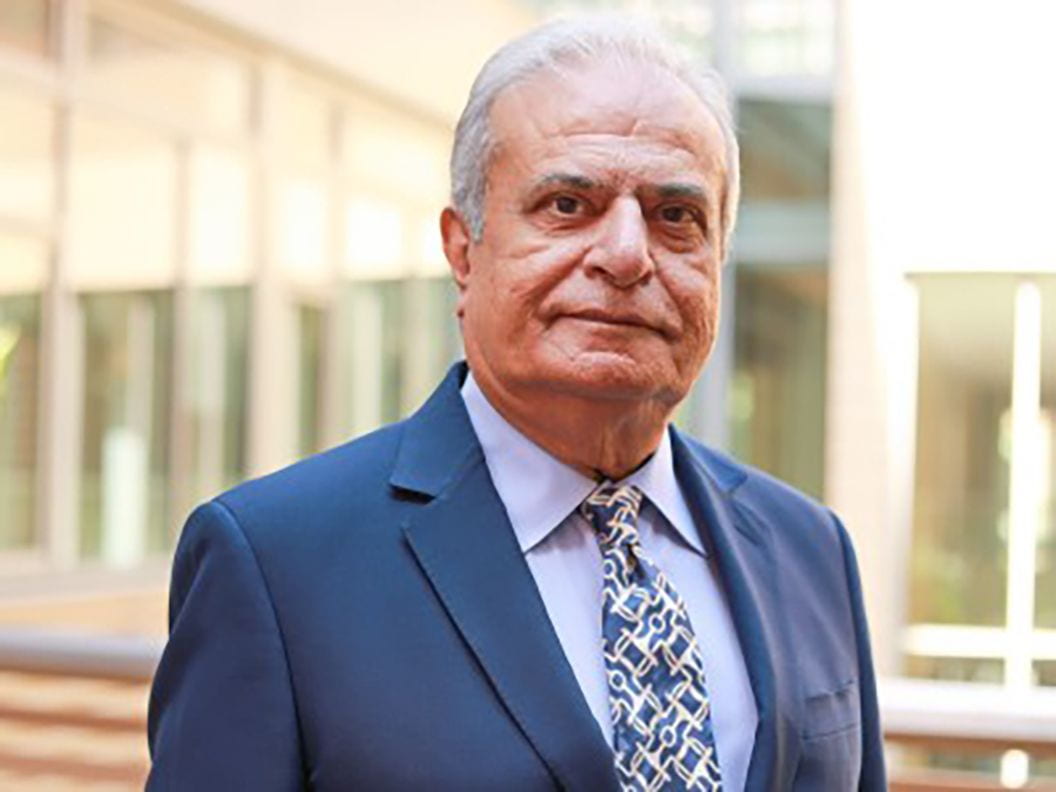
Co-Supervisor: Prof. Asad Madni
Professor Madni has established himself as one of the foremost experts in the field of electronics and electrical sciences and engineering. He served as President, COO & CTO of BEI Technologies Inc. from 1992 until the completion of its $600M acquisition to Schneider Electric in 2006. He led the development & commercialization of intelligent sensors, systems, and instrumentation for which he has received worldwide acclaim including, the Extremely Slow Motion Servo Control System for Hubble Space Telescope’s Star Selector System which provided the Hubble with unprecedented pointing accuracy and stability, resulting in truly remarkable images that have enhanced our understanding of the universe; and the revolutionary MEMS GyroChip® technology which is used worldwide for Electronic Stability Control and Rollover Protection in passenger vehicles, thereby saving millions of lives every year. The sensing technologies that he developed are the fundamental building blocks that help make autonomous vehicles a reality. Prior to BEI he was with Systron Donner Corporation for 18 years in senior technical & executive positions, eventually as Chairman, President & CEO. Here, he made seminal and pioneering contributions in the development of RF & Microwave Systems & Instrumentation which significantly enhanced the capabilities and combat readiness of the US Tri-Services and allies.
Since joining UCLA in 2011 as Distinguished Adjunct Professor and Distinguished Scientist, he has been directing graduate research in MEMS, intelligent sensors and systems, computational sensing, wireless health, and high-speed instrumentation. He is also a Faculty Fellow at the UCLA Institute of Transportation Studies and Connected Autonomous Electrical Vehicle Consortium.
Dr. Madni is the recipient of over 100 national and international honors and awards including, National Inventors Halll of Fame, John Fritz Medal (widely considered engineering’s highest honor and referred to as the “Nobel Prize” in engineering), IEEE Medal of Honor (institute’s highest honor, widely recognized as the “Nobel Prize’ in electronics/electrical sciences and engineering), Royal Academy of Engineering Prince Philip Medal (academy’s highest individual honor), Elmer A. Sperry Award, IEEE Frederik Philips Award, IEEE Millennium Medal, ASME Soichiro Honda Medal, UCSD Gordon Medal for Engineering Leadership, Ellis Island Medal of Honor, IET J.J. Thomson Medal, IEE Achievement Medal, World Automation Congress Medal of Honor, TCI College Marconi Medal, Mahatma Gandhi Pravasi Samman Award, Hind Rattan (“Jewel of India”) Award, IEEE SC Sensor Systems/Networks Advanced Technical Achievement Award, IEEE AESS Industrial Innovation Award, IEEE AESS Pioneer Award, IEEE IMS Career Excellence Award, IEEE HKN Eminent Member Recognition, IEEE-HKN Vladimir Karapetoff Award, UCLA Professional Achievement Award, UCLA Engineering Alumnus of the Year Award, UCLA Engineering Lifetime Contribution Award, UCLA Engineering Distinguished Service Award, UCLA EE Distinguished Alumni and Distinguished Service Awards, USC Engineering Dean’s Faculty Award for Service, Tau Beta Pi Distinguished Alumnus Award, and Tau Beta Pi McDonald Mentor Award.
He has been elected a fellow/eminent member by some of the world’s most prestigious scientific and technical academies and societies including, National Academy of Engineering, National Academy of Inventors, Royal Academy of Engineering, Canadian Academy of Engineering, European Academy of Sciences and Arts, New York Academy of Sciences, Washington Academy of Sciences, American Association for the Advancement of Science, IEEE, Institution of Engineering and Technology, American Institute of Aeronautics and Astronautics, Society of Automotive Engineers, American Institute of Medical and Biological Engineering, Royal Aeronautical Society, Institute for the Advancement of Engineering, and Asia-Pacific Artificial Intelligence Association. He has been awarded 6 honorary doctorate degrees and 7 honorary professorships. In 2019, IEEE HKN named its top award “The Asad M Madni Outstanding Technical Achievement and Excellence Award” to recognize and honor his nearly 50 years of technical and philanthropic accomplishments, and visionary leadership. In 2022, Tau Beta Pi established “The Asad M. Madni Distinguished Alumnus Award and Student Scholarship” in his honor.
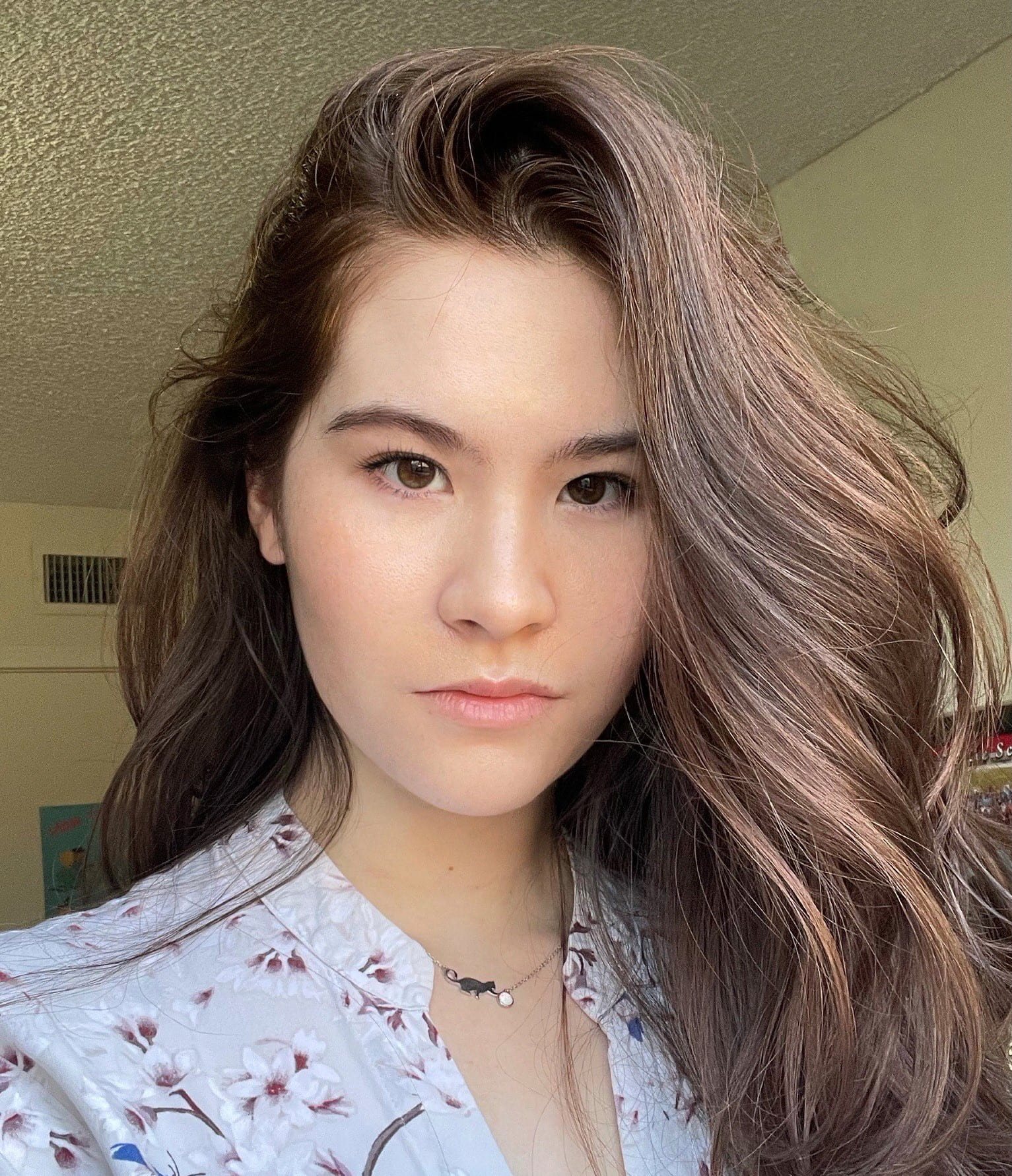
Staff: Juliet Pooler
Juliet Pooler received her bachelor’s degrees in rhetoric and history in 2021 from the University of California, Berkeley. She currently works as the fund manager for the High Speed Electronics Lab and the Center for High Frequency Electronics at the University of California, Los Angeles.
Adrian Tang is a current visiting scholar at and alumni of UCLA-HSEL (Ph. D.2012) and has 20 years of commercial circuit and system design experience. Adrian’s primary appointment is in the sub-millimeter wave advanced technology group at NASA’s Jet Propulsion Laboratory in Pasadena, California where he directs the Space-SoC laboratory, which jointly with HSEL is developing many CMOS instrument SoCs for next generation NASA Earth science, planetary science and astrophysics missions.
Learn more about Adrian: www.sadcircuitdesigner.com
Adrian’s publications: http://sadcircuitdesigner.com/articles.html
Andrew Liu (Tian) was born and raised in Cypress, California. He received his BS and MS in Electrical Engineering & Computer Science (EECS) from UC Berkeley in 2018 and 2019, respectively. He completed his master’s thesis under Professor Ali M. Niknejad titled “A Low Power Mutual Noise-Canceling Receiver Front-End with Blocker Tolerance for IoT Applications”. He has worked as an analog and RF circuit design intern at multiple companies, including Opulinks, Qualcomm, HRL, and NXP. Since Fall 2019, he has been pursuing a PhD degree in Electrical Engineering under Professor MC Frank Chang. His current research interests are in using FinFET CMOS to design mm-Wave mixed-signal integrated circuits and D-Band power amplifiers. He is also actively working in industry on full-duplex wireless transceivers for Bluetooth/Wi-Fi 6 and mm-Wave contactless connectors.
He was awarded the ECE Department Fellowship in Fall 2019 and is also a student member of IEEE and HKN.
Publications:
Y. Zhang, C.J. Liang, C. Chen, A. Liu, J. Woo, S. Pamarti, C.K.K. Yang, M.C.F. Chang, “A Sub-50fs-Jitter Sub-Sampling PLL with a Harmonic-Enhanced 30- GHz-Fundamental Class-C VCO in 0.18μm SiGe BiCMOS,” in ESSCIRC 2021 – IEEE 44th European Solid State Circuits Conference (ESSCIRC), 2021.
Arhison Bharathan is an undergraduate student in Electrical Engineering at UCLA. He plans to pursue his M.S. degree in Electrical Engineering at UCLA in 2022. He is interested in RFIC system design.
email: arhisonb@g.ucla.edu
Chao-Jen Tien received B.S. in Electrical and Optical Engineering, and M.S. in Electronic Engineering both from National Chiao Tung University (NCTU) in 2016 and 2019. He was a Research and Development (R&D) Engineer at Mediatek Inc. between 2019 to 2021, where he contributed to the 112GHz and 56GHz DSP-based Ethernet SerDes project. Since 2021, he is a Ph.D. student advised by Prof. Frank Chang in the ECE department at UCLA. His research focuses on wireless communication systems design and signal processing for high-speed circuits.
Christopher Chen received his B.S. and M.S. in electrical engineering from University of California, Los Angeles (UCLA) in 2019 and 2020, respectively. He is currently pursuing his Ph.D. at UCLA. His current research focuses on frequency synthesizers.
Jingxuan Zhu was born in Nanjing, China. He received the B.S. degree in Electrical Engineering from University of California, Irvine (UCI) in 2021. He has designed a 4-bit BCD adder, a 4-bit Serial-in Shift Register, and a 5.2GHz direct-conversion and heterodyne CMOS receiver. He is currently pursuing a M.S. degree in Electrical and Computer Engineering in University of California, Los Angeles (UCLA) and works in High Speed Electronics Lab with Prof. Frank M.C. Chang.
Research Interest:
CMOS Integrated Analog and RF Circuit Design
email: jingxuz4@ucla.edu
Runzhou Chen received his B.Eng. degree in ECE from Hong Kong University of Science and Technology in 2021. He worked on visible light communication based indoor positioning for his bachelor’s thesis. Since 2021, he is pursuing a M.S. degree at UCLA with an interest in RFIC design. He is currently working on the D-band frequency multiplier chain.
Stanislav Culaclii is a mixed-signal IC designer in radar and biomedical domains. He received B.S. and M.S. degrees in EE from UCLA in 2007 and 2009 under the advisory of Dr. Frank Chang, and a PhD degree in Neural Interfaces at UCLA in 2019 under the advisory of Dr Wentai Liu. His previous experience includes SoC design for airborne radars at Raytheon Company, and mixed-signal design for airborne and space radar at JPL.
Weikang Qiao completed his Ph.D. defense in June 2022, with the dissertation title being “Customized Computing: Acceleration of Big-Data Applications”. During his Ph.D. study at UCLA, he worked with Prof. Frank Chang and Prof. Jason Cong on customized accelerator architecture designs and performance modeling across various memory hierarchies, such as DRAM, High-bandwidth Memory (HBM) and SSDs. He received his B.S. degree in Information and Communication Engineering from Zhejiang University, China in 2015 and his M.S. degree in Electrical Engineering from UCLA in 2017.
Jia Zhou received B.S. from Shanghai Jiaotong University in 2012 and M.S. from UCLA in 2014. He was with Teradyne Inc. between 2015 and 2017 on mixed-signal and high-voltage IC designs. Since 2017, he has been with HSEL in the ECE department at UCLA. His research interest includes sensor interfaces for bio-applications and quantum computing, and mmWave radar systems. He is a recipient of Broadcom Foundation fellowship and two-time best student paper awards at IMS.
Jhih-Wei Chen is a Ph.D. student advised by Prof. Frank Chang in the ECE department at UCLA. He received his B.S. degree in Electronic Engineering from National Taiwan University in 2019. His research focuses on cryogenic CMOS circuit design for semiconductor-based quantum computing.
Yen-Hsiang Wang was born in Taipei city, Taiwan. He received the B.S. degree in Electrical Engineering from National Taiwan University (NTU) in 2008. The bachelor project was a 24GHz power amplifier with 10dBm P1dB in 0.18um CMOS. Later on he obtained the M.S. degree from University of California, Los Angeles (UCLA) in 2011. The master thesis was on a low-power ADC design for 60GHz wireless communication. He is currently pursuing the Ph.D. degree at UCLA. In 2007 he worked as an internship in Wireless Communication group in MediaTek Inc.
Publication
Ku, I.; Xu, Z.; Kuan, Y.C.; Wang, Y.H.; Chang, M.-C.F.;, “A 40-mW 7-bit 2.2-GS/s Time-Interleaved Subranging ADC for Low-Power Gigabit Wireless Communications in 65-nm CMOS,†Custom Integrated Circuits Conference, 2011
Research interest
CMOS high-speed mixed-signal circuit design, CMOS RF circuit design
Email: yhwang@ucla.edu
Yida Chen was born in Shanghai, China. She obtained B.S. degree (with honors) in Electrical and Systems Engineering from New York University Shanghai. She is currently a master student in Electrical Engineering at UCLA. Her research interests include analog and mixed-signal IC.
Zong-Ru Lee was born in Taipei, Taiwan. He is currently pursuing a Ph.D. degree in Electrical and Computer Engineering at University of California, Los Angeles (UCLA). His research interests include analog and mixed-signal integrated circuit design.

